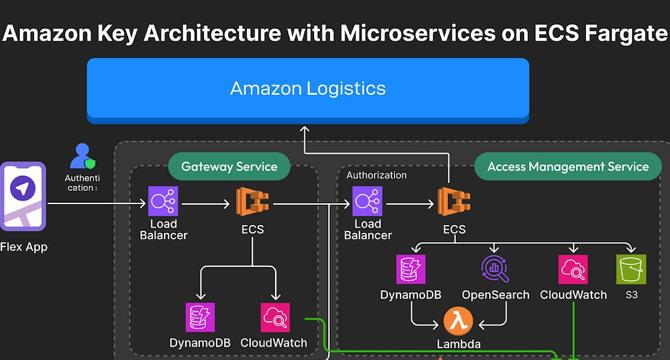Byte Byte Go
1M
332

Image Credit: Byte Byte Go
How Amazon Key Opens 100 Million Doors Every Year
- Amazon faced delivery delays in 2018 due to access-controlled areas, leading to the creation of Amazon Key, a system that unlocks 100 million doors annually.
- Amazon Key allows verified delivery associates to unlock gates and doors for secure deliveries across multiple countries and continents.
- The system initially faced challenges with hardware fragmentation and network access, leading to the development of Amazon Key to address secure access for drivers.
- The system started with a small team and has now grown to unlock 100 million doors annually, ensuring efficient and reliable deliveries.
- Amazon Key expanded by transitioning to a global scale, focusing on hardware improvements, and moving to ECS Fargate for better scalability.
- The system's evolution included transitioning from Ethernet to cellular connectivity, ensuring global deployment, and breaking the system into modular services.
- Improvements in unlock response times, global expansion capabilities, and reliability were achieved by adopting microservices architecture and focusing on modular services.
- Amazon Key's integration with Grubhub marked the shift to a more extensible platform, accommodating third-party delivery providers while maintaining system integrity.
- Security measures like time-bound access tokens and mutual TLS were implemented for internal and external delivery systems to ensure secure and authorized access.
- Lessons learned from building Amazon Key include evolving systems as they scale, measuring key performance indicators, and designing for growth and resilience.
Read Full Article
17 Likes
For uninterrupted reading, download the app